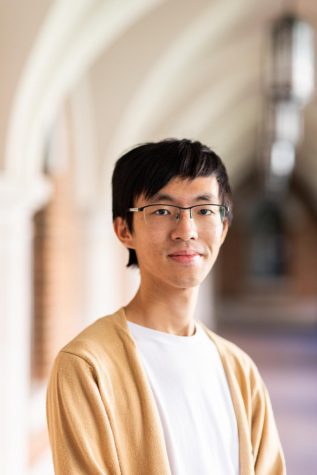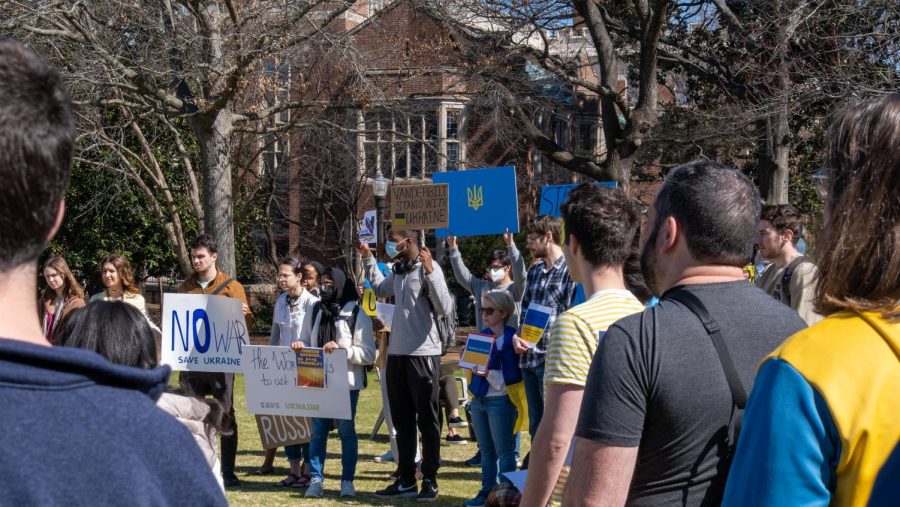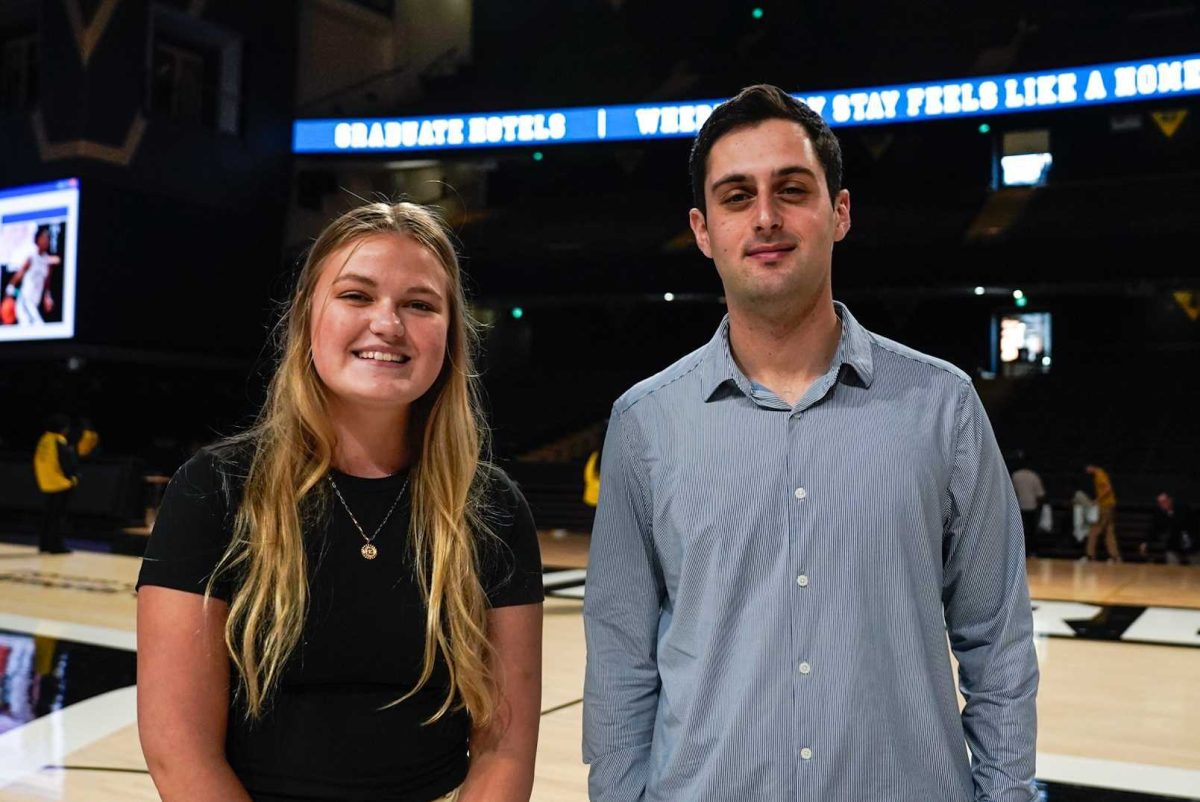While the coronavirus pandemic has forced many Vanderbilt students to opt for remote learning, international students in particular have found it difficult adjusting to their new schedules. Because of time differences between Nashville and the many countries international students are from, they are often forced to stay up late to attend synchronous classes or to participate in student organization meetings and events. This has led some international students to adopt a flipped schedule that matches Nashville’s Central Time Zone but is opposite to the body’s natural sleep cycle; in essence, they are working night shifts.
Why this extreme choice? For Olivia Liu, a first-year currently living in China with two other Vanderbilt first-years, she made it to ensure she could participate in classes and student organizations but still have enough time to sleep and relax. She has classes until 3 am and club meetings at 7 am, meaning if she did not flip her schedule, it would leave her with little time to sleep.
However, even with the flipped schedule, she said she has noticed a significant drop in sleep quality despite getting the recommended eight hours. She sometimes takes melatonin to help herself fall asleep during the day.
“My schedule is challenging for me, both mentally and physically,” she said. “But I’m lucky to have my friends for support during this semester.”
Studies have shown that, because a flipped schedule runs counter to the body’s natural circadian rhythms, it can have short-term and long-term effects on the body and the mind, just like in Liu’s case. According to the American Psychological Association, “working against a person’s natural sleep cycle causes sleep disorders, as well as fatigue. Fatigue […] decreases cognitive abilities and reflexes, and makes people more vulnerable to disease.”
Decreased cognitive abilities means that these students have a significant disadvantage relative to their peers who have normal schedules. They might not be able to absorb the teaching material as well, and they need to work harder than their peers in revising for tests and exams. Additionally, the fact that fatigue makes people more vulnerable to disease is especially relevant now.
Should students sacrifice their health and well-being for their academics?
Intiser Parash, a first-year currently living in Bangladesh, has also adopted a flipped schedule. Like Liu, he has noticed that sleeping during the day is markedly different from sleeping during the night, and that his sleep quality and schedule have worsened.
Besides flipping their schedules, international students have used other methods to adapt to remote learning. Some have applied for synchronous classes that are scheduled early in the night in local time. Some have registered only for asynchronous classes, so that they can watch recorded lectures and complete assignments in their own time. Sleep duration and quality are not compromised in both methods.
I am a first-year international student myself, currently in Hong Kong, China, which is 13 hours ahead of Nashville time. My schedule is an amalgamation of the aforementioned methods: having classes early at night and watching recorded lectures from other classes in my own time. So far, this method has worked quite well and is in accordance with my body’s natural circadian rhythms.
There are downsides, however. I sometimes have to miss meetings and events because I am fast asleep when they are taking place, and I’m not nearly passionate enough to wake up at 6 a.m. for a Zoom conference. I usually remedy this problem by emailing the organizer about my situation. Most of the time they are very understanding and are willing to have an individual meeting to bring me up to speed on the latest happenings.
But not everyone has been as empathetic. Some professors have refused to record their lectures. Others, particularly in the math department, who insist on having classes synchronously have provided unconvincing reasons for their decision.
One professor stated in an email to international students in his class that “if I make the class asynchronous for one of you, it will have to be asynchronous for all students and that would severely compromise the goals of the course.”
This argument does not make sense because many other classes have adopted a hybrid method of teaching that utilizes both synchronous and asynchronous learnings. This accommodates the time differences of international students without compromising the learning experience of those taking the class synchronously. Certain classes do require synchronicity and interaction, like language classes and first-year writing seminars. Nevertheless, professors of those classes should still take international students’ concerns about scheduling into consideration—and professors of classes that might not require as much interaction and discussion, even more so.
When asked about this issue, Parash said professors who hold lectures should not withhold the recordings of those lectures from international students to watch in their own time, and that publishing the lectures within the Vanderbilt community is a minimum, yet a big step towards increased accommodation for international students studying remotely.
Professors who refuse to accommodate international students should instead empathize with their situations and adapt their teaching methods to suit students’ needs as much as possible. If students have to sacrifice their health and social life for their classes, then there’s something wrong with the teaching methods and with the university’s policies. Student organizations also need to adjust their meeting times or offer recorded meetings to accommodate international students, since many are flipping their schedules to be involved in extracurricular activities and opportunities.
International students are experiencing unique challenges this semester, and though we have stepped up to meet them, Vanderbilt has not provided us with a fair enough environment to do so. International students are still full Vanderbilt students, and we should be treated as such.




















